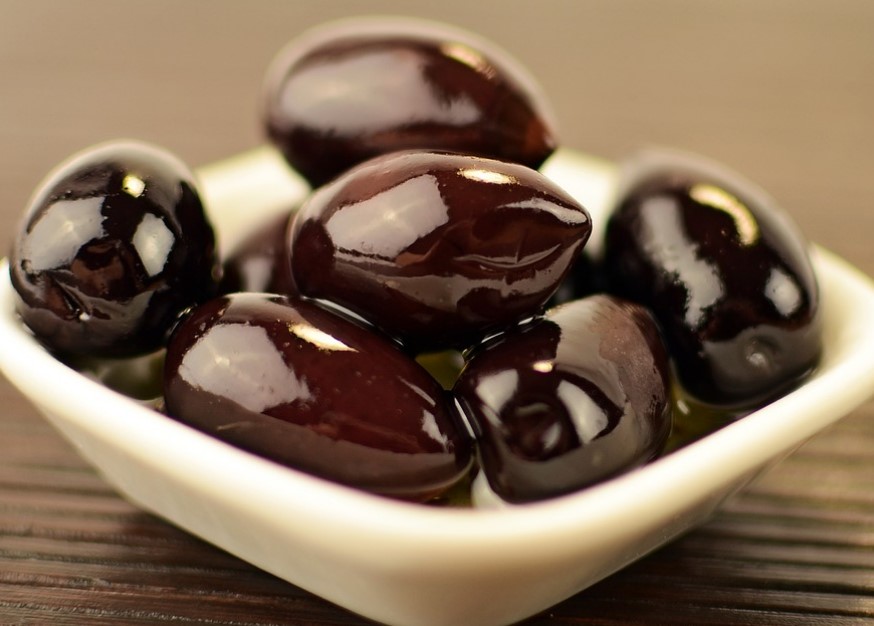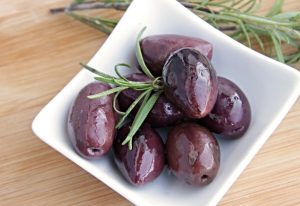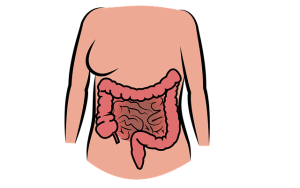
When it comes to adding flavor to your favorite dishes, black olives are a popular choice. But while they may add an interesting hint of savory umami flavor to your cooking, it’s important to ask the question: are black olives hard to digest? In this blog post, we’ll explore the potential digestive issues caused by consuming black olives and how to make the most of their flavor without causing digestive distress.
Are Black Olives Hard To Digest?
When it comes to olives, the color does not determine the digestion difficulty. Instead, the ripeness of the olive is what affects the ease of digestion. Unripe olives are typically harder to digest than ripe olives. If you happen to eat a black olive that is unripe, it may be harder to digest than a ripe black olive.
It is also important to note that the type of olive you are eating can also affect the difficulty of digestion. For instance, green olives tend to be easier to digest than black olives, as they are slightly less bitter. Additionally, some olives may contain more fat, which can contribute to difficulty in digestion.
Overall, the ripeness of the olive you are eating will determine how hard it is to digest. If you are still having difficulty digesting olives, it may be beneficial to speak to your doctor or health care provider to determine the best course of action for you.
Side Effects Of Eating Too Many Black Olives
Eating too many black olives can have serious side effects. While olives are a healthy and nutritious food, eating too much of them can cause an array of health problems.
Black olives contain high levels of sodium and fat, both of which can have an adverse effect on your health. Eating too many black olives can cause bloating, indigestion, and an upset stomach. Too much sodium can also lead to high blood pressure, which can raise the risk of heart disease, stroke, and other medical conditions.
Consuming too much fat can also lead to weight gain, which is associated with an increased risk of type 2 diabetes, cancer, and other health problems. Eating too many black olives can also cause kidney stones, as the high levels of sodium can cause the body to retain too much water, leading to an increase in the formation of stones.
Eating too many black olives can also interfere with the absorption of certain vitamins and minerals, like calcium, magnesium, and iron. A diet high in black olives can also cause constipation due to the high levels of fiber.
It is important to consume black olives in moderation and to make sure you are getting enough of the other key nutrients that are essential for your overall health. Eating too many black olives can have serious side effects, so it is important to be aware of how much you are consuming and to make sure you are getting enough of the other key nutrients.
Black Olives For Digestion
Black olives are a great source of dietary fiber, which helps keep your digestive system running smoothly. They also contain important vitamins, minerals, and antioxidants that can help your overall health.
But as with anything else, it’s important to eat in moderation. Eating too many black olives can cause certain side effects, such as upset stomach, bloating, gas, and diarrhea. Eating an excessive amount of olives could even lead to a nutrition deficiency.
The best way to enjoy black olives is to add them in small amounts to salads, sandwiches, and other dishes. This will help ensure you don’t overdo it and experience any of the side effects of eating too many olives.
Black olives can also be used as a garnish, a spread, or even as an ingredient in recipes. Olives are high in healthy fats, which can help keep your cholesterol levels in check. They are also a good source of antioxidants and can help reduce inflammation.
So, if you’re looking for a tasty snack or a nutritious addition to your meals, black olives are a great option. They can help keep your digestive system healthy and promote overall well-being. Just make sure to eat in moderation and be aware of the possible side effects of eating too many olives.
Are Kalamata Olives Hard To Digest?
Kalamata olives are a type of olive that are widely used in Mediterranean cuisine. They are larger, darker, and more flavorful than other types of olives and have a distinctive tangy flavor. Kalamata olives are often used to add a rich and salty flavor to salads, pizzas, and other dishes.
When it comes to digestion, kalamata olives are not particularly hard to digest. However, like any food, some people may find them more difficult to digest than others. Some digestive problems that can affect kalamata olive digestion include gastric irritation, heartburn, or bloating.
The main thing to keep in mind is that it’s important to eat kalamata olives in moderation. Eating too many olives can have some unpleasant side effects, including stomach upset, indigestion, and even constipation. Eating too many black olives can also cause a feeling of fullness and nausea.
kalamata olives are not particularly difficult to digest. However, it’s important to be mindful of how much you’re eating and to look out for any signs of digestive distress. While enjoying these olives in moderation, it’s also a good idea to be aware of any potential side effects of eating too many black olives.
In conclusion,
Black olives are not necessarily harder to digest than other olives. However, the ripeness of the olive and the type of olive you are eating are important factors to consider. Additionally, if you are having difficulty digesting olives, it may be beneficial to speak to your doctor or health care provider to determine the best course of action.











